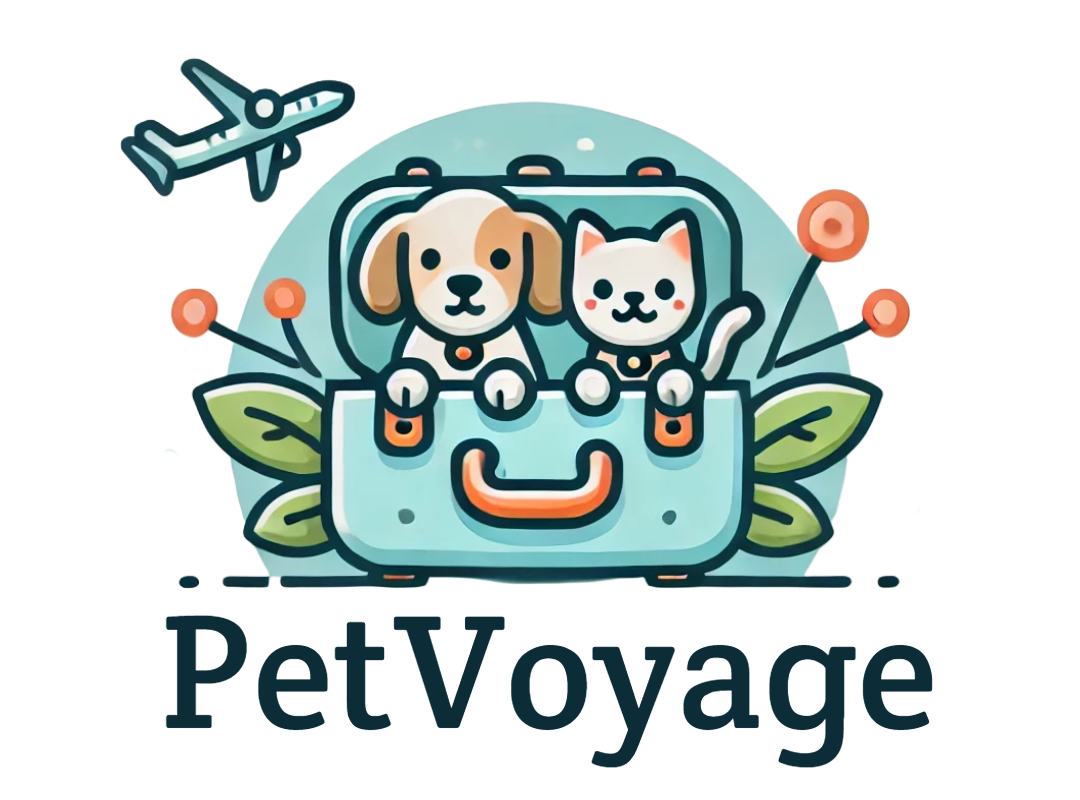Compare Pet Travel Policies Easily
Select airline, view summary, explore sections, shop travel supplies.

Porter Airlines
Pet Policy Summary

Pet-Friendly Airport Taxi
Book a safe, pet-approved ride to or from the airport.
Health Requirements
Microchip: yes
Health Certificate: yes
Vaccinations: Rabies
Restrictions
Brachycephalic Breeds:
Dangerous Breeds:
Support Animals
Service Animals: Porter’s in-cabin pet policy does not apply to professionally-trained service animals. Please see Porter Service and Emotional Support Animal rules for additional information.Service Animals
Emotional Support: Not specified.
Carrier Details
Compartment: Pets are allowed in Porter Lounges only if kept in the pet carrier and with the owner at all times.In-Cabin Pet Carrier Rules
Cargo: Not specified.
Reviews
No reviews yet. Be the first to leave a review!
